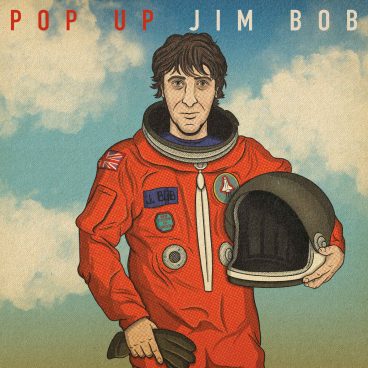Like a lot of young British movie fans of my age, the deceptively cheerful piano melody of this song first came to my attention in the 1970s as the theme music to the BBC’s long-running Film Review series (Film 1972, Film 1973 etc etc…) and it was nearly twenty years before I learned that this jolly jazz-gospel piano tune was in fact one of the key cultural touchstones of the American Civil Rights movement.
I Wish I Knew How It Would Feel to Be Free was written by Billy Taylor, a broadcaster and civil rights campaigner who had made his name as the house pianist at legendary jazz club Birdland. He recorded it with a full jazz band in 1963 and it has been recorded many times since, but the meaning of the song really gathered weight thanks the legendary Nina Simone.
Listening to the song today you could be forgiven for thinking it was a song about slavery, which in itself is a bitter reflection of American society in the 1960s. Nina Simone performed this song on March 24th 1965 to celebrate the march from Selma to Montgomery in Alabama. Poignantly, she performed on a stage built on coffins donated by local black-owned funeral homes. And that night she met Civil Rights leader Martin Luther King Jr for the first time. It was a turning point in the movement, which awakened the whole nation to the plight of black Americans. The Voting Rights Act passed later that year, prohibiting racial discrimination in voting.
But that was not the end of the story. Two years later, I Wish I Knew How It Would Feel to Be Free was recorded for Simone’s 1967 album Silk and Soul. Only then was she beginning to shrug off her fabricated, sanitised popular image to emerge as a complex artiste and political activist whose famous mood swings made her career unpredictable and inimitable. She returned to the song many times, not least in the very different Live at Montreux version in 1976.
That a song of such plaintive hopelessness and with such profound political significance for a whole race of people can be discovered thanks to its inclusion in a light entertainment TV show is either a harsh indictment of the triviality of popular culture or a tribute to its inclusiveness. You decide.





